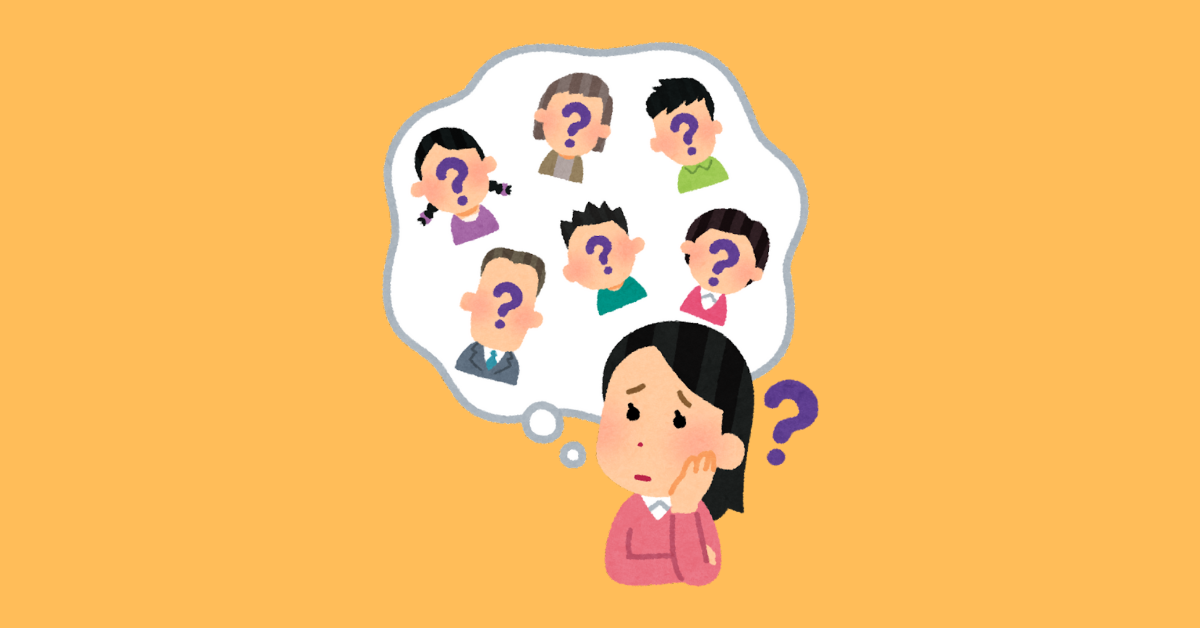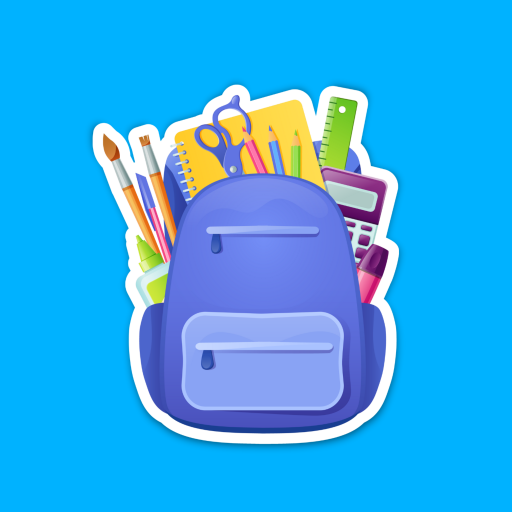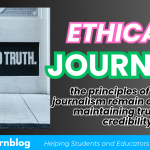Active recall has become a go-to strategy for students, lifelong learners, and professionals aiming to improve their understanding and retention of information. While traditional study methods like re-reading or highlighting are common, studies have shown that active recall—actively trying to retrieve information from memory—leads to significantly better results. This article explores what active recall is, how to implement it, and the science behind why it works so effectively. With practical examples and insights, general readers can see how easy it is to adopt active recall and strengthen their memory and learning.
What is Active Recall?
Active recall is a learning technique that involves actively testing your memory rather than simply reviewing information passively. In practice, this means trying to remember what you’ve learned without immediately referencing your notes or textbooks. The goal is to challenge your brain to retrieve information, which strengthens the mental pathways that help retain it long-term.
Unlike passive methods (like re-reading or highlighting), active recall requires that you engage directly with the material in a way that your brain can’t rely on visual cues. By training your brain to retrieve information independently, you’re essentially “exercising” it, leading to stronger memory retention over time. Research has consistently shown that people remember information better when they’ve actively retrieved it, rather than passively reviewing it.
How Active Recall Works in Practice
Here are three practical ways to use active recall:
Example 1: Flashcards for Self-Testing Flashcards are an accessible and popular tool for active recall. The principle is simple: write a question or keyword on one side of the card and the answer or information on the other. Go through the cards and try to answer each one without flipping it over. This process forces your brain to actively search for the answer, reinforcing memory pathways. Digital flashcard apps like Anki or Quizlet also allow you to implement spaced repetition, another powerful learning strategy that pairs well with active recall.
Example 2: The “Teach-Back” Method Another effective way to practice active recall is the “teach-back” method. Imagine you’re teaching someone else what you’ve learned—whether it’s a friend, a family member, or even an imaginary audience. Try to explain the topic in simple terms, covering key details without referring to notes. By explaining concepts aloud, you’re forced to recall the material and identify any gaps in your knowledge.
Example 3: Question-and-Answer After Reading After reading a textbook chapter, article, or any material, take a few minutes to ask yourself questions about what you just read. For instance, if you’ve read a history chapter, try to recall dates, events, and their significance. Answering questions as if you were in a quiz helps with both retention and comprehension. Even jotting down key points from memory afterward can be a useful way to activate active recall.

Common Misconceptions about Active Recall
Active recall is a simple but highly effective technique, and yet, there are some common misconceptions about it:
Misconception 1: Passive Review is Equally Effective Many people believe that passive review methods, like re-reading or highlighting, are as effective as active recall. However, research shows that passively reviewing information doesn’t engage the brain in a way that promotes long-term retention. While re-reading can be useful for familiarizing yourself with the material initially, it doesn’t challenge your memory as active recall does.
Misconception 2: Active Recall Requires Special Tools or More Time Some think active recall is complex or requires special tools, but in reality, it’s accessible and flexible. You don’t need fancy flashcards or apps (although they can help); you can use everyday tools, like a notebook or sticky notes, to quiz yourself. And because active recall helps you retain information more effectively, it can actually reduce the amount of study time you need in the long run.
Scientific Evidence Supporting Active Recall
The science behind active recall is robust and well-documented. Studies show that testing oneself strengthens memory by triggering a process called “retrieval practice.” Retrieval practice is when the brain’s neural pathways are activated to locate and bring forward information, which reinforces memory. Research from cognitive scientists like Henry L. Roediger III and Jeffrey D. Karpicke has demonstrated that students who engage in active recall retain information better and perform better in exams than those who only re-read their notes or passively review material.
One study from Roediger and Karpicke found that students who actively recalled information were able to remember 50% more than those who engaged in passive review. In another study, students who practiced active recall using flashcards and quizzes showed significantly better retention of material even a week after learning it. The evidence makes it clear: active recall is a proven, highly effective learning strategy.

How to Integrate Active Recall into Everyday Learning
For anyone wanting to incorporate active recall into their learning routine, here are a few tips:
Use Self-Quizzing Regularly: Set aside time each study session to self-quiz. Whether through flashcards or simply covering your notes and trying to recall the information, make it a habit.
Combine Active Recall with Spaced Repetition: Spacing out your self-quizzing sessions over time improves memory even more. Try recalling information on a regular schedule rather than cramming all at once.
Focus on Key Concepts: For complex topics, focus on recalling main concepts and ideas rather than memorizing everything. This will help you understand the material more deeply and make active recall more manageable.
Active recall is a game-changing study technique that shifts focus from passive review to active engagement with material. By testing yourself regularly and practicing retrieval, you can boost your retention and understanding significantly. Whether you’re a student, a professional, or a lifelong learner, active recall is an accessible and highly effective strategy to improve how you learn. Try it for a week and see how this approach can transform your study routine.











